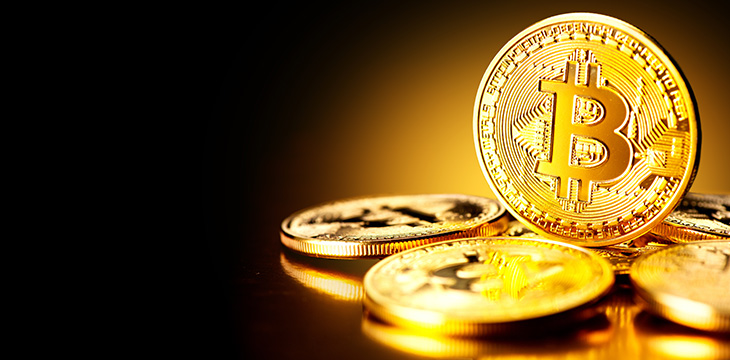
The fallout of the Cryptopia hack, and the cryptocurrency exchange’s shutdown that followed, is quickly becoming one of those messes that the industry has to learn from. Liquidator Grant Thornton revealed that the exchange owes its creditors $2.7 million in a May 31 filing, but that might just be the start of it.
Amongst the 69 creditors listed are Dell NZ and Cocoa Cola Amatil (NZ). Also listed are $207,000 for salaries and holiday pay, and $177,00 in unsecured debt.
The amount owed to unsecured creditors, including customers, is still unclear, so the amount that Cryptopia owes total could be much higher. Grant Thornton wrote:
“The Company held cryptocurrency in wallets by cryptocurrency and has a database detailing the customer transactions and balance allocated to each customer. We are currently gaining access to the database to undertake a reconciliation of the holdings against the customer balances. Until the user balance database is reconciled with the crypto-asset wallets operated by the company, we cannot confirm the value of Customer holdings.”
Industry analysts believe that the way the industry has evolved, without strict government regulations and the idea that it could police itself, has led to this outcome and could possibly repeat it unless something changes. Pauline Shangett, chief communications officer for ChangeNOW, told Cointelegraph
“The crypto market is still in its adolescence, and the traditional legal system is not sufficient when it comes to enforcing the rules. This problem has two possible solutions. Either the space moves on to being fully decentralized and self-regulated, or it adopts the best practices of regulators. The former might lead to anarchy as cases like Cryptopia’s have a chance to happen again, which would hinder mass adoption.”
Kamil Gorski, CEO of Blockhunters, added that even without regulations, cryptocurrency exchanges are dropping the ball on protecting their customers. He noted that tools are out there that could have prevented the hack that started this whole problem, but many exchanges simply aren’t using them out of a lack of legal obligation to do so.
Although Cryptopia is a New Zealand exchange, the majority of the funds put into the exchange came from the U.S., suggesting that American customers now have to hope American courts compel a U.S. data company to hand over data it’s holding hostage from a foreign company so that they can get their money back.
This is now a crossroads for the cryptocurrency community. Does it want to continue with unregulated exchanges, operating without the customers’ best interest in mind, purely out of the philosophical standpoint that cryptocurrencies should be divorced from government entirely and a beacon of libertarian decentralization? Or is it time to grow up and work with regulators to ensure for a more mature economical model that citizens and businesses can trust?

 09-21-2024
09-21-2024


